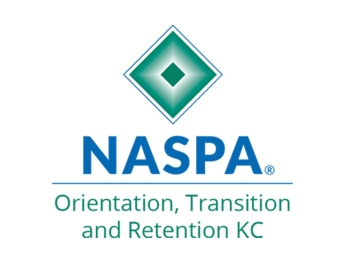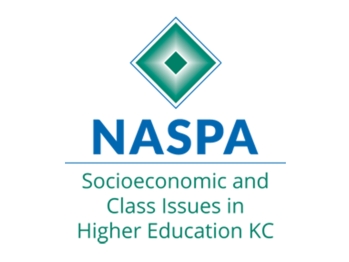
Imposter Syndrome Among High Achieving First-Generation Students
Virtual Conferences and Institutes Health, Safety, and Well-being Student Success Equity, Inclusion and Social Justice Orientation, Transition and Retention Socioeconomic and Class Issues in Higher Education
September 7, 2020
Students who experience imposter syndrome believe they are undeserving of their success or that they do not deserve to be in college. Imposter syndrome has significant impact on student self-efficacy, student engagement, and mental health. From research of two populations of high achieving first-generation students at Rutgers University, learn about the implications and impacts of imposter syndrome as well as best practices and effective strategies for remediating imposter syndrome and supporting student success and wellness.
Date/Time: September 7 - 1:00 p.m. to 2:00 p.m EST
Presenters:
Sattik Deb, Director of Academic Services, New York University
Laura Stone, Senior Student Coordinator for Engagement, Rutgers University School of Nursing
Krista Klein, Assistant Dean for Student Affairs – Honors College, Rutgers University
Presented By

